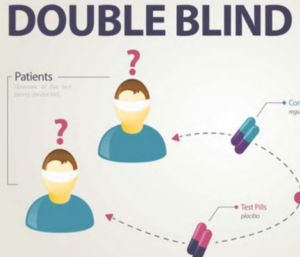CRITICAL APPRAISAL
Cornell notes
Cornell Notes – Critical Appraisal
🌟 Cues
- Definition and importance of critical appraisal
- Key aspects of critical appraisal
- Validity and results interpretation
- Clinical relevance and context
- Steps for conducting critical appraisal
- Checklists for critical appraisal
- Tools and resources for critical appraisal
🗒️ Notes
Critical Appraisal: The process of systematically and carefully examining research to evaluate its validity, results, and clinical relevance. It goes beyond mere criticism and is not only about statistical analysis.
Three Key Aspects:
- Validity: Trustworthiness of the study, achieved by minimizing bias and ensuring proper methodology.
- Results: Interpreting what the study shows, statistical significance, and effect size.
- Clinical Relevance: Applicability of results to a specific patient or population context.
Steps to Conduct Critical Appraisal:
- Identify Study Type: Ensure the study design is appropriate for the clinical question.
- Assess Study Design: Look for inclusion/exclusion criteria, intervention comparisons, and outcome measures.
- Minimize Bias: Ensure randomization, control groups, and blinding when possible.
- Evaluate Statistics: Sample size, follow-up duration, and completeness are crucial for reliability.
Checklists for Appraisal: Tools like CASP (Critical Appraisal Skills Programme) and CEBM (Oxford Centre for Evidence-Based Medicine) provide structured checklists to evaluate different types of studies (e.g., RCTs, cohort studies).
Outcome of Critical Appraisal: After critical appraisal, one should either:
- Reject the paper if there are significant methodological flaws.
- Interpret the results cautiously if methods are weak but acceptable.
- Trust the results if no major issues in the methods are found.
📝 Summary
Critical appraisal in evidence-based medicine is a structured approach to assess the validity, results, and clinical relevance of research. It involves evaluating the study design, minimizing bias, and ensuring the results are applicable to clinical practice. Tools like CASP and CEBM provide systematic checklists for evaluating research studies, ensuring that healthcare professionals base their decisions on the best available evidence. After appraisal, a study may be rejected, interpreted with caution, or trusted based on its methodological strength.

